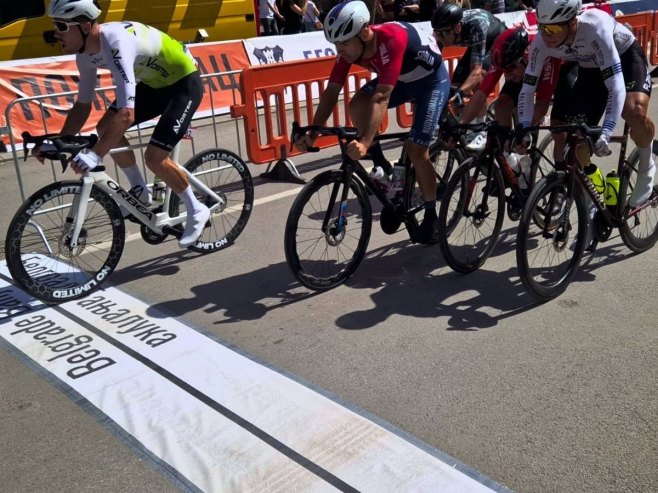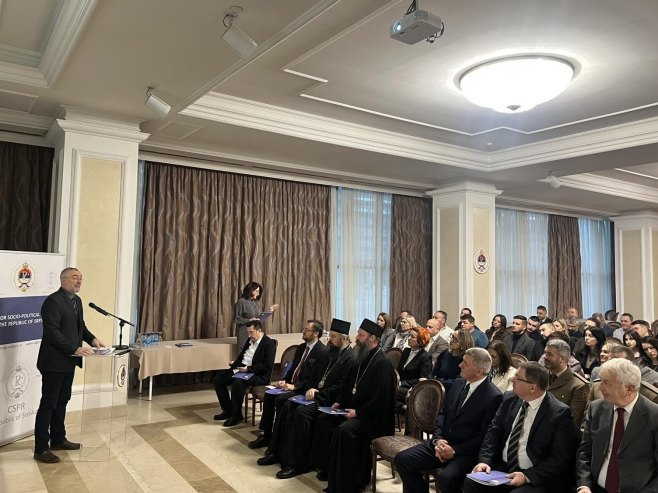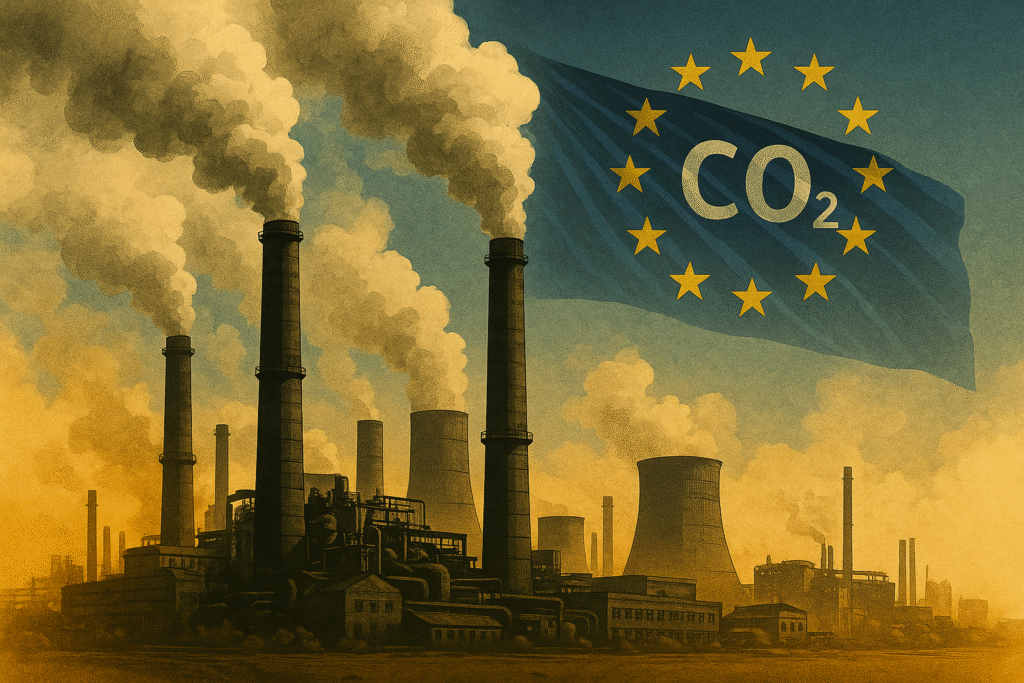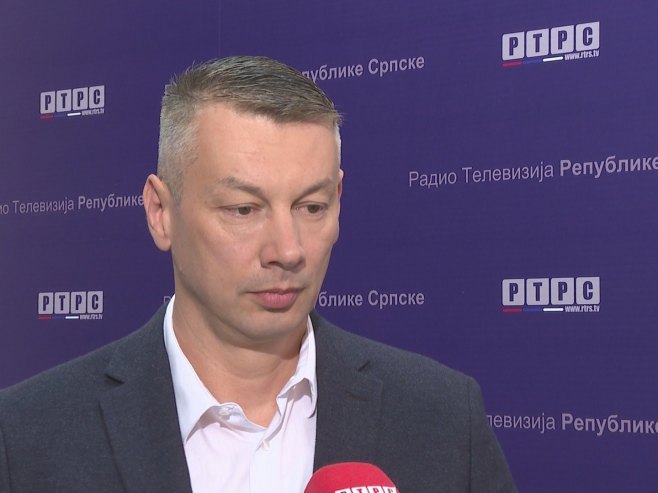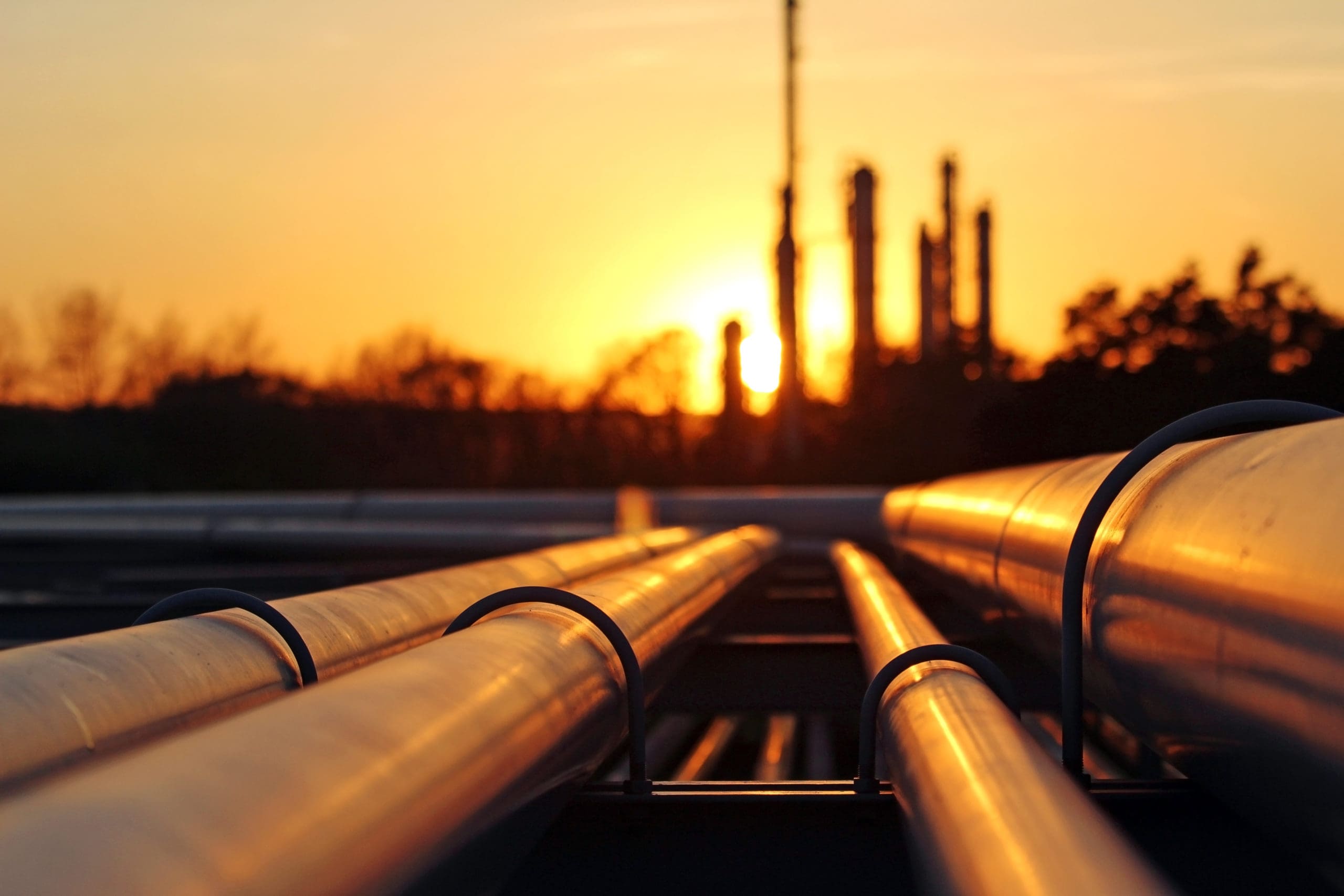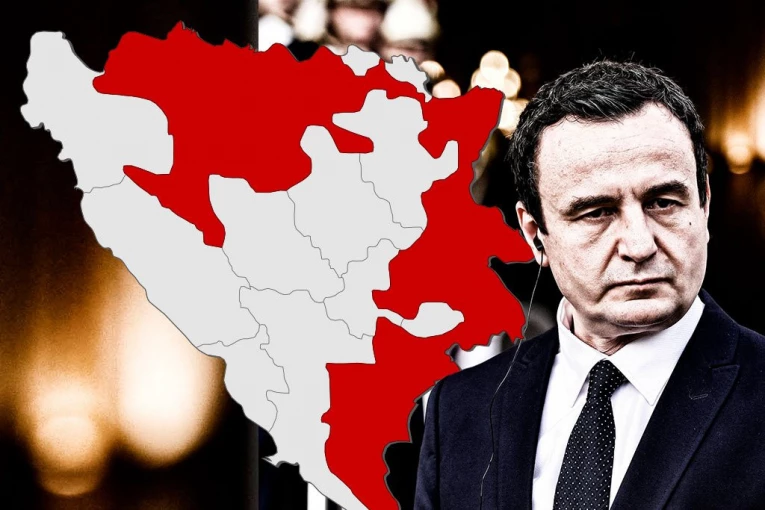The transitional period for the application of the EU’s CBAM regulation is coming to an end. Starting in January 2026, all companies covered by the regulation will be required to report on the greenhouse gas emissions embedded in their products and begin purchasing CBAM certificates, with payments starting in 2027 for the year 2026.
Impact on exporters
Companies exporting iron, steel, electricity, cement, aluminum, fertilizers, and hydrogen to the EU will, from January 1, 2026, be subject to a carbon dioxide (CO2) tax, since Bosnia and Herzegovina has not created the prerequisites for exemption—primarily by failing to establish an emissions trading system aligned with that of the EU.
Jelena Jekić of Mediterran Inox d.o.o. Čelinac emphasized the need for a unified approach:
“A model must be found under which we will all work together, so that we all know how to act on the European market. For now, every company deals with it individually.”
Since 70% of Bosnia and Herzegovina’s production is exported to the EU, the lack of legislative and financial measures to support businesses will increase export costs and reduce product competitiveness. The lower the CO2 emissions embedded in products, the cheaper the CBAM fee will be.
“If you don’t comply, we cannot buy your products. If I don’t comply, we won’t have work, our workers won’t have jobs, and we won’t have exports. Buyers will simply find somewhere else to source their goods,” Jekić added.
System alignment as a solution
If Bosnia and Herzegovina established its own system, the money from emission charges would stay in the country and be used for decarbonization of the economy. Currently, however, there are no mechanisms for reducing CO2 emissions, meaning domestic companies will not receive recognition or compensation for any carbon taxes they might pay locally when CBAM is calculated.
Although the energy sector has continuously received EU support to prepare for these rules, numerous conditions still need to be implemented.
CBAM expert Samra Muratspahić highlighted the importance of alignment:
“Establishing an electricity exchange, enabling market coupling, and introducing an emissions trading system in Bosnia and Herzegovina aligned with the EU would avoid double taxation of CO2 emissions. It is also crucial that authorities ensure financial support for industries in adopting low-carbon technologies.”
Chamber of Commerce support
The Chamber of Commerce has been informing and advising the business community about the importance of entering the CBAM system, organizing training sessions, conferences, and business forums.
Olivera Radić, Head of the Center for Project Management and Analysis at the Chamber of Commerce of Republika Srpska, noted that around 300 companies are affected by this regulation:
“More than 1,000 participants have attended our workshops, where we worked with businesses to strengthen and improve their capacities. We can say that we are intensively continuing this program.”
Future scope
By 2030, the CBAM mechanism will be extended to all products covered by the EU Emissions Trading System, ensuring equal CO2 emission costs for goods produced inside and outside the European Union.
Source: RTRS
